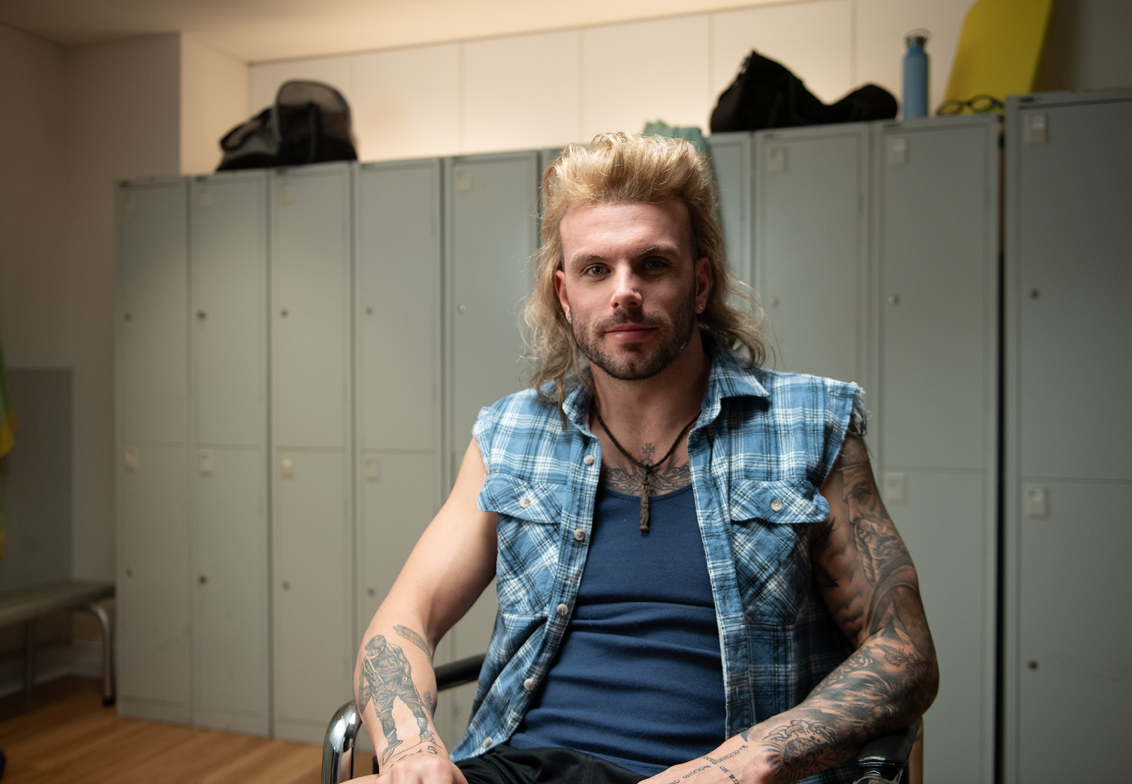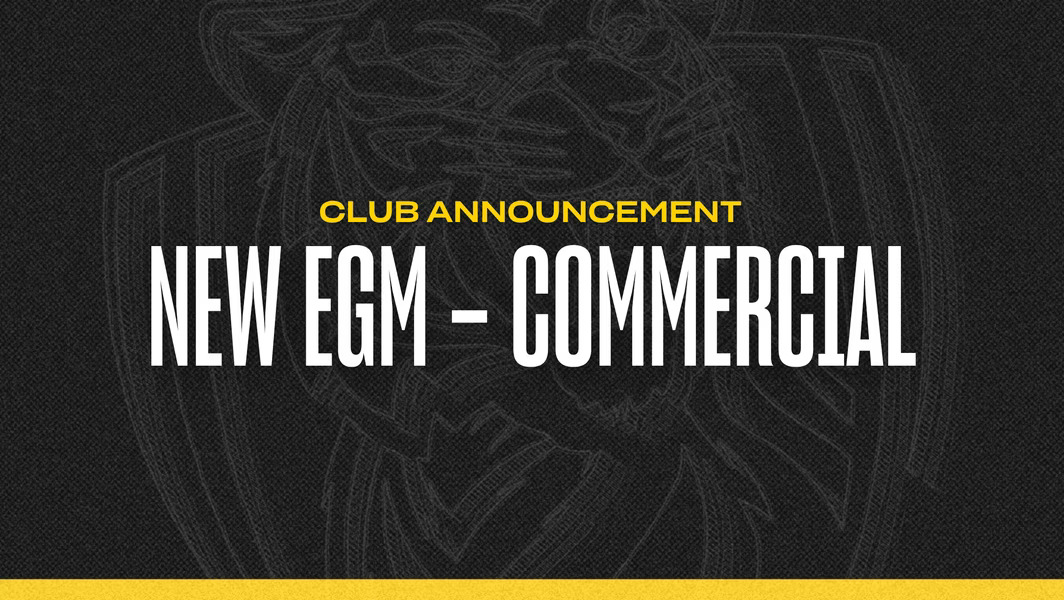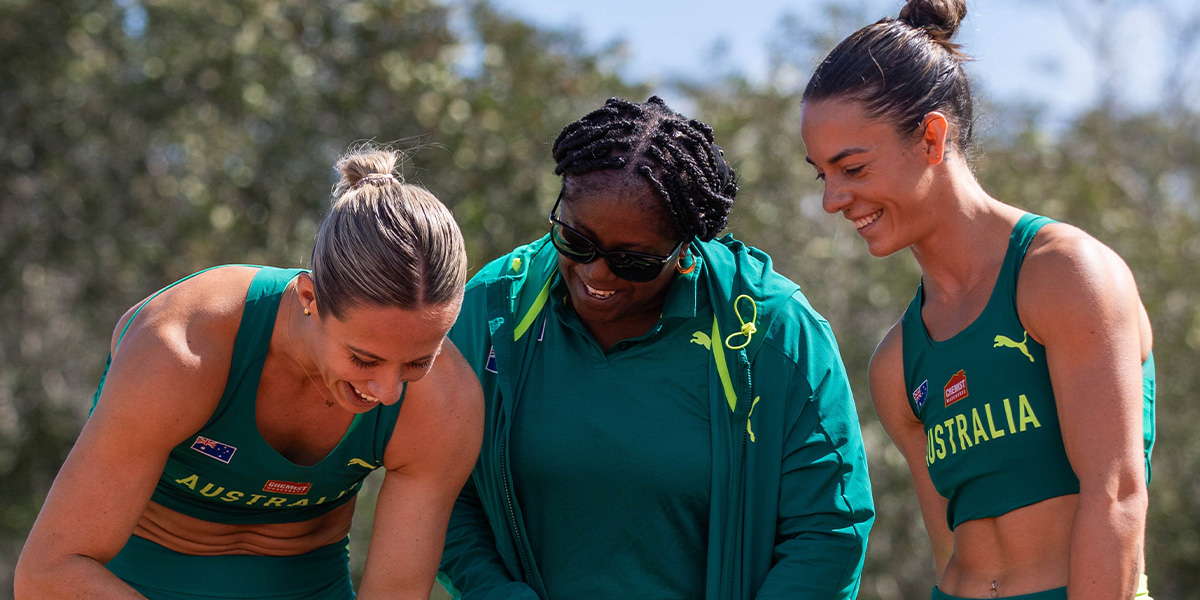Kyle Chalmers on Wahl, World Championships and what the future holds

Olympic champion Kyle Chalmers has celebrated recent World Championships success by extending his sponsorship with leading personal grooming products company Wahl, cementing his status as one Australia’s greatest swimmers and most marketable athletes.
But while such endorsements are merely cream on top of six- or seven-figure salaries commanded by athletes in most elite-level team sports, partnering with brands is a crucial lifeline for even the very best performers in individual pursuits like swimming.
“I’ve been with Wahl for three years now and it’s exciting to partner with them for another two years,” Chalmers, who collected gold in the 100-metre freestyle, 4x100m freestyle and 4x100m mixed freestyle events at the World Championships in Japan in July, told Ministry of Sport.
“I think it shows the faith they have in me and I have in them, and obviously shaving down is such an important part of my pre-race ritual – I need to get every hair off my body before I dive in the pool so I can be as aerodynamic as possible.
“It’s good having them on my side. The products are amazing and the commercials they come up with are a lot of fun to shoot and I’m proud of how the new commercial has come out – I’m looking forward to the world seeing it.”
Chalmers’ latest theatrical foray with Wahl sees the 25-year-old appear in a series of comical adverts alongside his ‘mental strength coach’, Kerry Labouf, played by stand-up comedian Dave Eastgate.
In the ads, which are to promote Wahl’s range of men’s trimmers, hair clippers and shavers, ‘Kerry’ gives Chalmers a mohawk, Elvis-style hair, a handlebar moustache and a mullet in an increasingly desperate attempt to find the style that will guarantee him a gold medal at next year’s Paris Olympics.
“I much prefer to have fun and get out of my comfort zone a little bit,” Chalmers says.
“It’s something I’ve really enjoyed about working with Wahl, their creativity and making it something I haven’t done in the past or thought I’d ever be doing.”
The TVC concept and character of Kerry were the brainchild of Wahl’s Head of Marketing, Brett Clulow, who’s thrilled to be working with Kyle again.
“He’s an absolute Aussie legend, who’s laser focused on optimum performance, something that’s fully aligned with our brand values,” Clulow enthused.
“The new range will really shake up the male grooming market, and Kyle is the perfect ambassador to showcase it to Australians.”
SWIMMING PRODIGY TO MARKETING MAGNET
Barely 18 at the time, Chalmers rose to aquatic stardom at the 2016 Olympics in Rio by winning gold in the marquee 100-metre freestyle event, along with two relay bronze medals.
A 200-metre freestyle gold followed at the 2018 Commonwealth Games on the Gold Coast, before he emerged from COVID-19 disruptions to take silver in his Olympic 100-metre freestyle title defence in 2021 in Tokyo, where he collected another pair of relay bronzes.
The partnership with Wahl blossomed upon Chalmers’ return from Japan with the Australian team.
“The Olympics had just been in Tokyo and they got in touch, we were in quarantine off the plane in Darwin,” Chalmers recalls.
“The partnership went from there, we had an initial meeting on Zoom and it went really well, I felt that my brand aligned with their brand and I’m excited that they’ve shown so much faith in me to keep me on for so long.”
Chalmers’ trademark sense of humour came to the fore after signing with Wahl, poking fun at his excruciatingly close call in his pursuit of back-to-back 100-metre freestyle golds – finishing just 0.06 seconds behind American Caleb Dressel – by suggesting he lost “by a hair” and might have won if only he’d trimmed more.
BUILDING A PERSONAL BRAND
The Adelaide native was destined for the sport’s heights from an early age, but Chalmers’ engaging personality and individualism out of the pool has endeared him to the Australian public as much as his success in it.
Billed as a swimming maverick and picking up the nickname ‘The Big Tuna’ from the media brigade, the prolifically tattooed Chalmers is a refreshingly honest character in an era when athletes have generally become more guarded and vanilla.
While never portraying himself publicly as anything he’s not, Chalmers – who boasts an Instagram following of more than 140,000 – maintains that he has increasingly taken steps to craft his personal brand and enhance his marketability.
“As I’ve got to the later part of my swimming career I’ve realised the importance of it (more) than when I was young and naïve,” Chalmers says.
“Still living at home with my parents, I didn’t have to do it as much. But now I’ve got to capitalise on it as much as I can, while I can.
“It’s such a short window in the professional sporting realm. I need to make the most of it while I can in every avenue.”
Chalmers also has paid partnerships with Optimum Nutrition, Bannister Downs Dairy and swimwear brand Arena.
View this post on Instagram
But he explains that each sponsor is carefully selected – it’s not just about the money, the fit has to be right. And there’s been some trial and error over the years.
“I’m definitely trying to align myself with brands that fit my brand,” he asserts.
“Wahl’s a perfect one for that, it’s a great company that I know will support me once swimming’s done, I think we’re going to have a long-term partnership which is fantastic.
“Just sticking with sponsors who want me for me, and not necessarily what I can bring to the sponsorship – they genuinely believe in me and want to be involved in my swimming career and are proud of my success.
“The people that reach out after a race, I really appreciate brands like that rather than brands that might just want you to do an Instagram post and you never hear from them again.
“I’ve definitely refined that over the years and aligned myself with brands that I feel very comfortable representing and working with, and that I love them as much as they love me.”
PROFESSIONAL ATHLETES FACING AMATEUR REALITY
The results of the Australian Sport’s Foundation’s latest athlete survey, conducted in February and March, painted a stark picture for a sports-obsessed country that will host the Olympic and Paralympic Games in just nine years’ time.
Aptly titled ‘Running On Empty’, the research findings revealed a significant decline in athletes’ financial situation, contributing to deteriorating mental health and an alarming proportion of athletes contemplating leaving their sport.
Athletes striving for excellence in Olympic sports are absolute professionals in terms of their preparation, commitment and sacrifices – but many are still stuck in an amateur time warp when it comes to monetary backing.
Australia’s Athletes at Breaking Point – Exploring the Challenges and Charting the Path Forward
Read more: https://t.co/nH4vCmczWM#SportsBusinessLeaders #AthletesMentalHealth #FinancialSupportForAthletes #SustainableSportsIndustry #SportsFunding #ministryofsport
— Ministry of Sport (@ministryofsport) September 12, 2023
With financial backing from sporting bodies unable to make athletes’ ends meet, commercial arrangements with brands can be the difference between the ability to rise to the highest level and fading out of top-line sport altogether.
“We rely on it massively – without sponsors we wouldn’t be able to be professional athletes,” Chalmers admits.
“Every little bit counts and it means we can focus. Obviously I’ll work eventually, but it’s hard to work and train with the commitments that we have.
“(Sponsorship) allows us to be professional athletes for the time being.”
Despite reportedly pulling her massive funding from Swimming Australia, mining magnate Gina Reinhart is still supporting the sport’s brightest.
A total of 92 elite swimmers receive funding through the Hancock Prospecting Swimmer Support Scheme – another salvation for athletes.
“We’re very lucky to have Mrs Reinhart on board funding us from a perspective not necessarily like a sponsorship but a salary-based thing – without her we wouldn’t be able to survive as a sport,” Chalmers says.
“And having sponsors on top of that makes it a little bit better as well.”
But not all sports are as fortunate to have a benefactor of Rinehart’s resources.
While recognising his own privileged position, Chalmers gave an insight into the situation of some of his colleagues chasing sporting glory while living closer to the breadline.
“There’s a lot people in sports like mine – the semi-professional sports – that do it pretty tough, so that’s why we rely so much on Mrs Reinhart and her support, all the swimmers on the Australian swimming team are able to receive some funding from her which is fantastic.
“But there’s definitely guys that are working jobs as well as doing the massive amounts of training we have – we’re at the pool up to forty or fifty hours a week, fifty weeks of the year.
“So to fit work in around that is quite challenging. But there are some people that are studying at uni and training, and they’re happy doing that – they don’t want to do the sponsorship thing. It’s not for everyone and it’s their choice, it’s challenging at times.
“But I definitely feel for the athletes that are top-five, top-ten swimmers in the world and are receiving no sponsorship – so I’m very, very grateful and fortunate to have so many great brands on board that I’m working with.
“I’m ever indebted to them, really.”
ONE LAP AT A TIME
Chalmers quashed recent speculation that he is set to hang up the goggles and swimming cap after the Paris Olympics next year.
Swimming has traditionally been a young person’s game, but there are recent exceptions to that rule – and Chalmers aims on becoming another one.
“I’m a realist and I take it day by day,” he shrugs.
“Swimming can be taken away from me tomorrow if I was to get injured or whatnot, so if my body and mind holds up I’ll definitely continue on. I’ll be 30 in LA (for the 2028 Olympic Games) and there’s a home Olympics in 2032.
“If my body holds up I’d love to continue on – there’s guys that have been quite old and had success, like Anthony Ervin and Brent Hayden recently in freestyle events, so I think it’s definitely still possible.
“Nick Santos, he was 42 and won a world championship in the 50 (metre) butterfly so as long as my body and mind hold up and I’m continuing to love my sport, then I’ll swim on for as long as I possibly can.”
View this post on Instagram
Nor is Chalmers taking a plane ticket to Paris for granted eight months out from the 2024 Games, despite his world champion status after leaving the likes of USA’s Jack Alexy, France’s Maxime Grousset and Romanian world recordholder David Popovici in his wake in Fukuoka.
“My aim firstly is to make the team – we all start out as equals from this point.
“We have our qualifications in Brisbane in June, we’ve got a lot of amazing talent coming through in my events. I’ve got to do my very best on the day to make the Australian swimming team and then I’ll take it from there.
“But just to qualify for an Olympics is an amazing achievement and that’s my biggest focus over the next eight months.”
Chalmers has one eye on the next chapter of his professional life, however, and surprised the public by revealing he has undertaken part-time labouring work on building sites.
Used to the spotlight of Olympic podiums, he is relishing the relative anonymity of tradie life – as well as putting steps in place to hit the ground running when he eventually calls time on his tenure as an elite sportsperson.
“I started at the start of the year but it’s something I’ve struggled with probably my whole swimming career: what I’m going to do after swimming.
“It’s something I’ve always had to think about, I tried studying different degrees and that wasn’t for me.
“I tried to find what was next and I put myself out in the tradie industry and I absolutely love working onsite with the chippies, just labouring and forming those great friendships.
“It’s a different environment and for me it’s preparing for life after sport and all the hours I’m accumulating at the moment will go towards an apprenticeship eventually.”
It's free to join the team!
Join the most engaged community in the Sports Business World.
Get all the latest news, insights, data, education and event updates.






